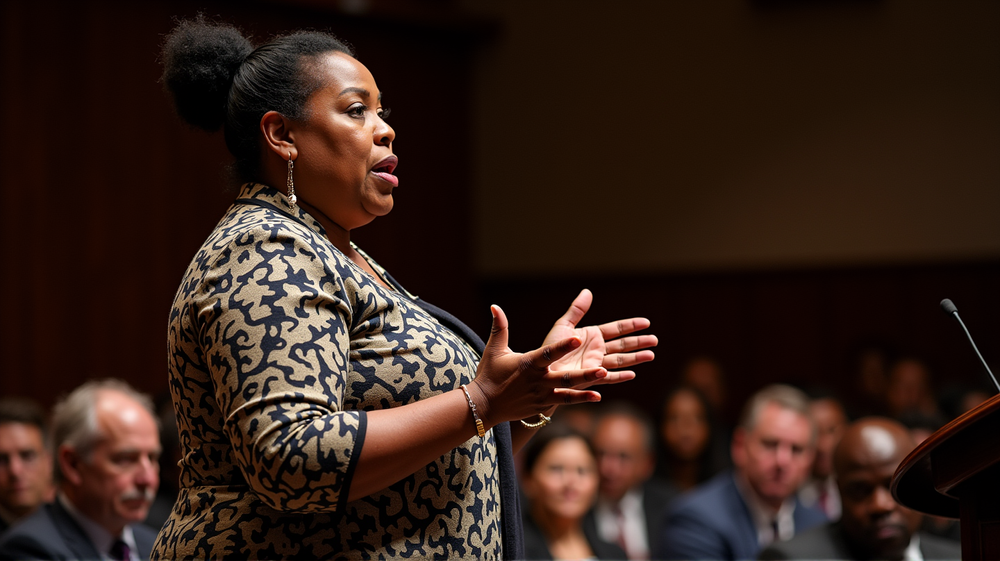A Continued Struggle for Equality
Dr. Naledi Pandor, Chairperson of the Nelson Mandela Foundation, has brought to light the persistent challenges faced by women in South Africa, emphasizing the urgent need for access to economic power. Speaking at a recent gathering, Dr. Pandor articulated the need for more female entrepreneurs to drive change within the business landscape.
According to SABC News, the situation for women has seen little improvement despite the historic Women’s March on 9 August 1956. The challenges of apartheid-era economics still echo today, with Black women most affected.
The Triple Challenges
In her address, Dr. Pandor highlighted the “triple challenges” that continue to hinder African women: limited skills, lack of high-level education, and rural isolation. These factors heavily impact their capacity to thrive economically and socially.
The Entrepreneurial Path Forward
Dr. Pandor insisted that empowering women as entrepreneurs could be pivotal. She provided insights into how bolstering female businesses would not only strengthen individual livelihoods but also transform communities. “As an entrepreneur myself, I see firsthand the work needed to support women who are building businesses,” she stated passionately.
Reflecting on Women’s Struggles
Reflecting with her daughter, Dr. Pandor reminisced about the milestones achieved since 1956 but stressed the importance of accelerating support systems for women today. She believes that social and economic inclusion is vital, and failing to address these issues could stymie progress for generations.
In her closing remarks, Dr. Pandor appealed to society to play an active role in reshaping South Africa’s socioeconomic landscape, promising that only then could true liberation be achieved. Her message ignites hope and responsibility among citizens, urging collective efforts to dismantle these barriers.
The Path Forward
Her words serve as a call to action, not just for policymakers but for every South African to take up the mantle for change. The struggle for equitable economic empowerment continues, but with leaders like Dr. Pandor, there remains steadfast hope and direction.












